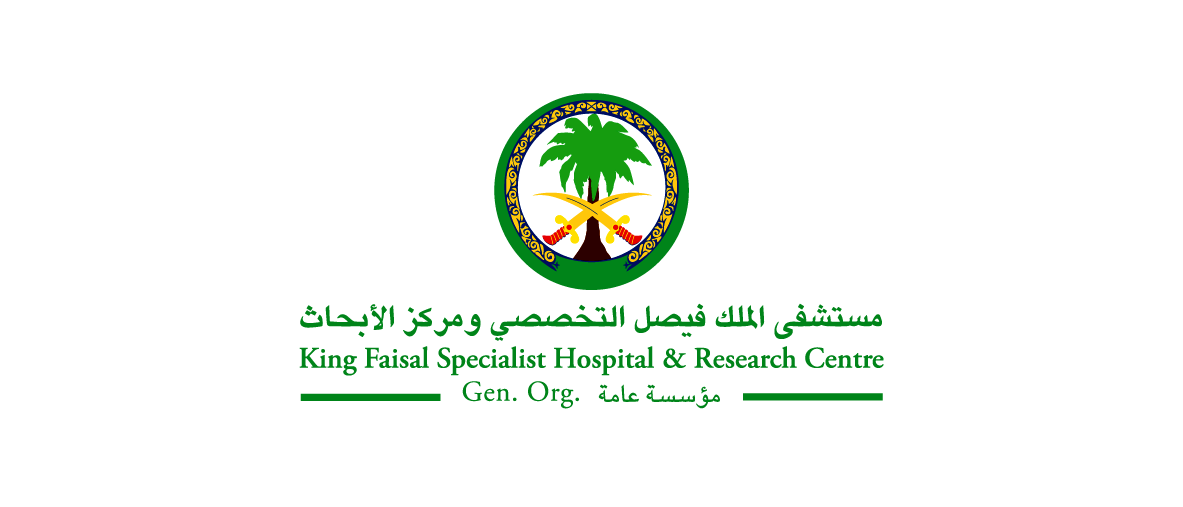A Research Team at KFSH&RC Identifies The Gene Responsible for Cardiomyopathy That Can Lead to Death
General

21
February
A research team at King Faisal Specialist Hospital and Research Centre was able to identify the gene responsible for cardiomyopathy. This comes after a study made on a Saudi family with four children suffering from the disease and may require heart transplant in advanced stages.
Dr. Zuhair bin Nasser Al-Hasnan, Consultant of Medical Genetics at King Faisal Specialist Hospital and Research Centre in Riyadh and head of the research team explained that a study was conducted on a Saudi family with nine children, 4 of whom were suffering from cardiomyopathy and have been consulting at KFSH for several years. They are three females and one male in between 20s and 30s years old. He pointed out that the research team used advanced laboratory research techniques on blood samples collected from all the family members, which led to the discovery of a defect found in the gene (FBXO32) among the children with the disease. The defect has therefore been linked to this gene with cardiomyopathy for the first time. He indicated that the emergence of the disease caused by the marriage of relatives where the parents are carriers of a disease. It’s a recessive genetic disease with a probability of transmission from parents to their child by 25% for each pregnancy.
He commented that the symptoms of cardiomyopathy disease are shortness of breath and fatigue, when exerting any physical effort and this needs constant follow-up with a cardiology clinic and the necessary medication. The disease may reach an advanced stage which will require a heart transplant.
Dr. Al-Hasnan explained that families suffering from the disease could avoid transmitting it to their offspring by undergoing (PGD); a technique provided by the King Faisal Specialist Hospital that has an in-depth knowledge and experience in these kinds of diseases. Individuals with the disease could benefit from genetic counseling service during the early screening period before marriage to ensure that prospective parents don’t carry the disease.
Chief Executive Officer of King Faisal Specialist Hospital and Research Centre, Dr. Qasim Al Qasabi confirmed that the hospital focuses on the search of genetic diseases that appear in the Saudi society and to study ways that help manage them. He pointed at the launch of a genetic heart disease program in 2008, which cares for family members with re-occurrence of heart diseases aiming at genetic causes of cardiomyopathy and the appearance of congenital heart defects, and the sudden death of heart. He indicated that the program currently aiding for more than 500 families amounting to over 1,800 members of the affected families. He added that the program offers complete service including the precise genetic diagnosis and genetic counseling with patient follow-up with the rest of the family members. He emphasized that a genetic diagnosis in the King Faisal Specialist Hospital contributed to saving large sums of money over the past years exceeding SR 36 million compared to sending samples overseas.
The research study published in the January Journal of Medical Genetics (BMC), comes as part of the genetic heart disease program, which was established in King Faisal Specialist Hospital eight years ago and receives support for its research activities from King Abdulaziz City for Science and Technology.